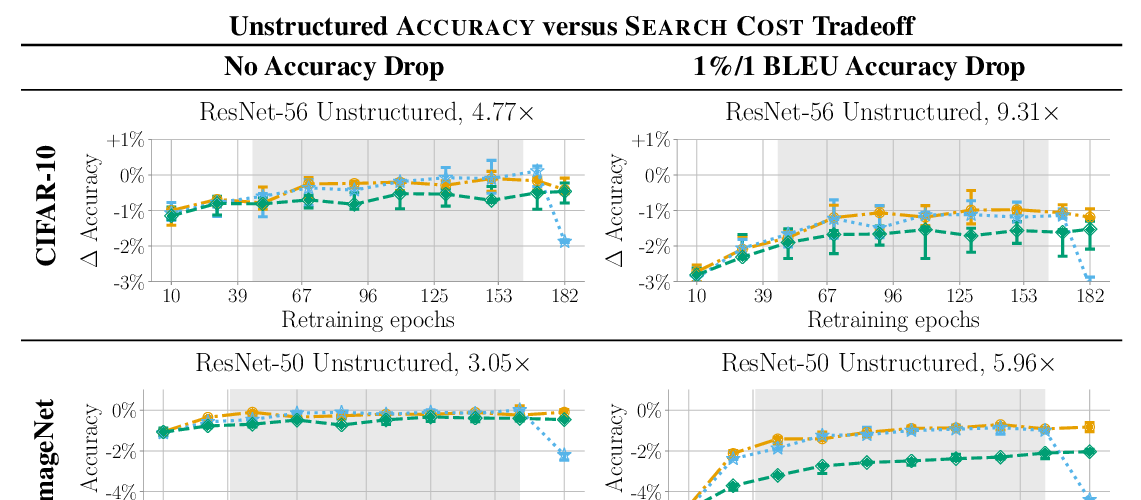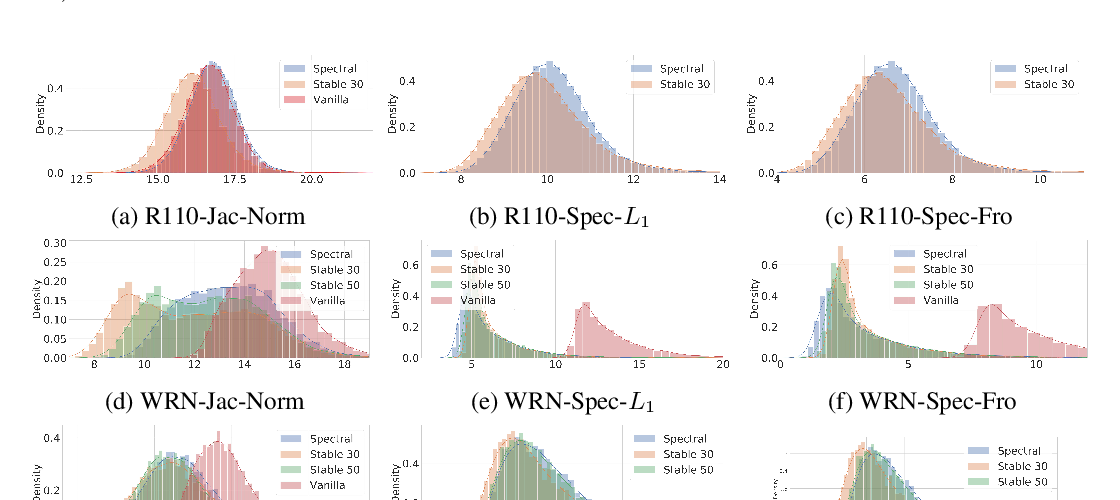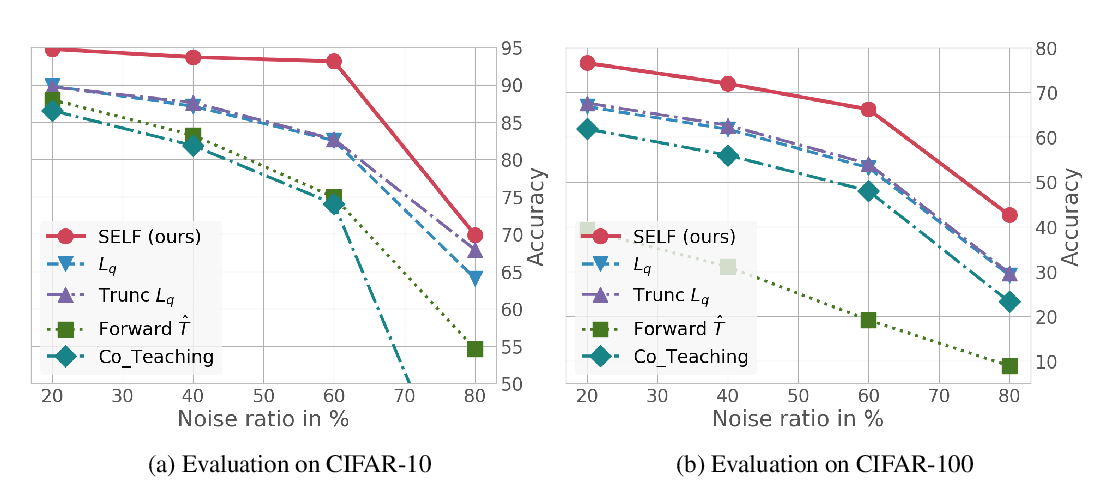Abstract:
Recent studies have shown that many important aspects of neural network learning take place within the very earliest iterations or epochs of training. For example, sparse, trainable sub-networks emerge (Frankle et al., 2019), gradient descent moves into a small subspace (Gur-Ari et al., 2018), and the network undergoes a critical period (Achille et al., 2019). Here we examine the changes that deep neural networks undergo during this early phase of training. We perform extensive measurements of the network state and its updates during these early iterations of training, and leverage the framework of Frankle et al. (2019) to quantitatively probe the weight distribution and its reliance on various aspects of the dataset. We find that, within this framework, deep networks are not robust to reinitializing with random weights while maintaining signs, and that weight distributions are highly non-independent even after only a few hundred iterations. Despite this, pre-training with blurred inputs or an auxiliary self-supervised task can approximate the changes in supervised networks, suggesting that these changes are label-agnostic, though labels significantly accelerate this process. Together, these results help to elucidate the network changes occurring during this pivotal initial period of learning.


